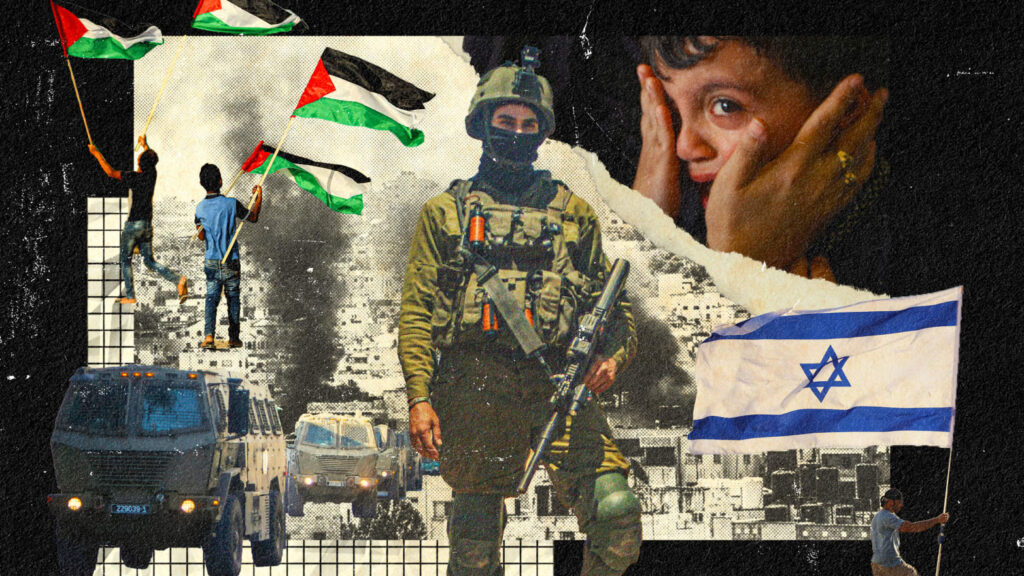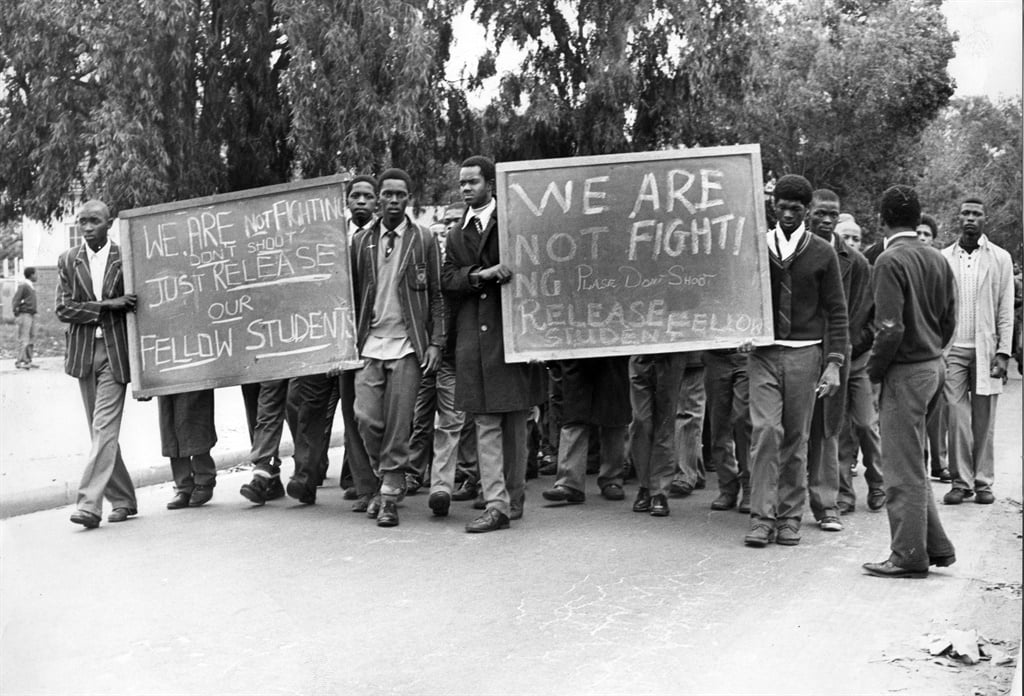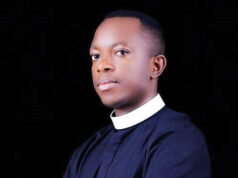By Can Grace Kaiso
The events in Gaza are like a wake-up call to those who are conscious of their calling as agents of God.
The eruption of violence, in the Holy Land has unsettled people’s hearts as they watch people being massacred in the conflict involving Hamas and Israel.
There is a sense of helplessness and despair as the violence escalates. This is worsened by the failure of global institutions with the mandate to intervene.
This paralysis leaves the human family in a difficult state, the reality that, increasingly those caught up in conflict will most likely be left on their own.
This scenario presents us with two inescapable questions:
- How would we like to live with each other given our diversity of race, religion, status and gender; in God’s space, which we call our world?
- Do we have a shared responsibility to work towards harmonious living?
People in South Africa and Northern Ireland had to face these questions.

In South Africa
South Africa was characterised by bitterness, confusion and brutality as each race turned against the other and were determined to deny the other a chance to thrive in one country.
There were historical, psychological, and theological narratives that sustained the stand-off and legitimized the acts of violence against whites and blacks.
The apartheid ideology imposed geographical boundaries of separation in order to maintain ethnic identity.
Steve Biko summed up the state of black people under institutional oppression then; “All in all the black person had become a shell,a shadow of man, completely defeated, drowned in his own misery, a slave, an ox bearing the yoke of oppression with sheepish timidity.”
People like Mandela, Bishop Desmond Tutu, Biko and Allan Boesak played a critical role in providing the framework for engaging with the racial narratives; the Church also dismantled the theological paradigms that sustained the animosity and hatred that characterized the relationship between whites and blacks.
The definition of racism as a sin brought both races into the realm of self-examination and in a state of collective guilt necessitating repentance.

Theologians like Biko and Boesak developed a theological framework that recognized that the liberation of people from oppressive structures, while it brings freedom, it cannot be the end, but must lead to a rediscovery of human dignity and identity.
Black theology in South Africa was instrumental not only in ending the structural sin of apartheid, but also in the development of a national reconciliation that led to the building of a new South Africa.
Northern Ireland
Similarly, in Northern Ireland, in the 1960s, the Catholic minority were frustrated by marginalisation in terms of access to opportunities like jobs, and housing.
Their grievances were instead met with repression by the British army.
The conflict was, therefore, primarily political and nationalistic, fuelled by historical events.
It also had an ethnic and sectarian dimension. So, in of spite the use of the terms ‘protestant’ and ‘catholic’ to refer to the two sides, it was not a religious war, it had to do more with the status of Northern Ireland.
Unionists and the loyalists, who for historical reasons were mostly Ulster protestants wanted Northern Ireland to remain within the United Kingdom.

Irish nationalists and republicans, who were mostly Irish Catholics, wanted Northern Ireland to leave the United Kingdom and join the United Ireland.
Outcome
Today, the story in both those context situations, namely South Africa and Northern Ireland, has changed;
l The parties realised they needed to agree on how to live with each other.
lThey embraced the responsibility of finding a way to live harmoniously with each other.
What am I trying to say is that there is hope, even in the current impasse in the Middle East. What complicates the situation is the confusion of whether, the current state of Israel is acting in the divine will of God, and therefore the reluctance of the friends of Israel to engage the leadership at the level of their international obligations instead of justifying their actions and wrapping them up, as the fulfilment of biblical prophesies.
Accountability to each other
In situations of conflict, it is important for the parties to feel that they have obligations towards the other.
We therefore have a responsibility to point out to both sides to appreciate that the agenda of extermination of the other is counter-productive and that they need to accept the responsibility of living together harmoniously.
In relation to this, we need to ask ourselves about the tools available to us as potential mediators! What theological framework is relevant to guide our engagement?
First of all, the present threats to peace and survival must be taken seriously not only by the faith communities but by everyone.
International relations are dramatically deteriorating and military considerations and doctrines of national security are increasingly dominating foreign policies.

It has become more urgent than ever to strengthen the international and regional instruments for peace-making and the existing mechanisms for a peaceful resolution of conflicts.
But in all this, God calls us clearly through His word to work for reconciliation and peace in the world (2 Corinthians 5:18).
The Sermon on the Mount in Matthew 5:9 calls the peacemakers blessed. Peacemakers take the initiative in bringing peace.
Conclusion
While conflicts are inevitable, violent conflicts can however be avoided through timely dialogues on issues with the potential to disrupt public peace.
National dialogues on these issues must now be adopted as part of the governance infrastructure in every country.
The growing polarising factors in our societies make this approach inevitable.
Emai: gracekaiso@gmail.com






















